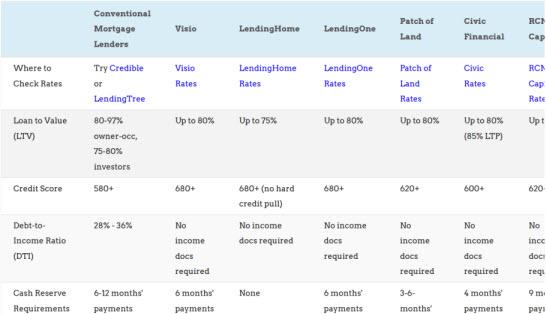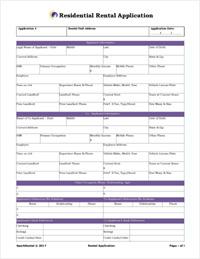At a Glance:
-
-
There are actually huge advantages to investing through a downturn especially in real estate
-
Dollar cost averaging protects you from dangerous emotions like fear and greed
-
I keep investing $5,000 a month no matter what happens in the economy
-
The Labor Department just said “Oops!” and revised downward the number of jobs created from March 2024 – March 2025 by nearly a million jobs (911,000). That comes to around 76,000 fewer jobs created each month during that period.
And it’s only gotten worse since then, with the country adding just 29,000 jobs on average over the last three months.
Should we all panic? Stop investing? Hoard cash? Build underground bunkers with hydroponic vegetables?
While I would never discourage you from keeping a healthy cash cushion, I also keep investing month-in and month-out, rain or shine, recession or boom. I practice dollar cost averaging with both my stock investments and my real estate investments.
Disclaimer
The information provided on this website is for general informational purposes only and should not be construed as legal, financial, or investment advice.
Always consult a licensed real estate consultant and/or financial advisor about your investment decisions.
Real estate investing involves risks; past performance does not indicate future results. We make no representations or warranties about the accuracy or reliability of the information provided.
Our articles may have affiliate links. If you click on an affiliate link, the affiliate may compensate our website at no cost to you. You can view our Privacy Policy here for more information.

You’ve heard me make that case before, so I won’t rehash it here. But here are some tangible, objective reasons why I keep investing even when the economy softens.
Lower Interest Rates
What’s the first thing the Fed does when the economy weakens?
They cut the federal funds rate.
Yes, I know I went on a rant last week about how cutting the federal funds rate doesn’t directly lower mortgage rates. But there’s still a strong historical correlation.
Even cautious Jerome Powell has signaled that the Fed plans to cut rates next week.
Lower interest rates stimulate stocks by making it cheaper for companies to borrow money to expand (or stay afloat). And lower loan rates stimulate real estate by lowering monthly payments.
For investors, that means better cash flow, lower cap rates, and higher property values.
Fewer Buyers, Less Competition
In both stocks and real estate, buyers get spooked and pull back in a weakening economy.
Real estate investors face less competition and fewer bidding wars. They can make lowball offers to find distressed sellers, and close more of those distressed deals.
Discounted Prices
Fewer buyers and less demand also mean lower prices, again for both stocks and real estate.
But in a weaker economy, you also end up with more distressed sellers who got in over their heads. Read: opportunity for deep discounts.
In fact, the deal the Co-Investing Club is investing in right now includes a distressed apartment complex. The owner ran out of money after buying with short-term, variable rate debt. Now they’re in foreclosure and selling at a deep discount.
Less New Supply Being Built
On the real estate side, developers largely stop building new homes and apartment buildings in downturns. That pinches housing supply over the next few years, which drives up rents and property values.
Again, that creates an opportunity for those of us willing to keep investing even when the headlines spout fear and doom.
Recession-Resilient Investments
Sure, some investments crash during downturns. Others do just fine.
Several times this year, the Co-Investing Club has invested in properties securing tax abatements in exchange for setting aside some units for affordable housing. They get an instant boost in cash flow by slashing property taxes, and the rent-restricted units become even more coveted during a recession.
We’ve also invested in an industrial property with a backlog of orders through 2028. Their clients include the US Navy. They’re not going anywhere, even if a recession hits.
Another month, we invested with a partner who buys vacant land, installs a manufactured home, and sells it for literally half the local median home price. Demand for housing this affordable will never go away, even (or especially) in a recession.

(article continues below)
And so it goes.
You go ahead and panic if you want. I’ll keep investing $5,000 in passive real estate investments every month, confident that the law of averages is firmly on my side as time goes by.
Want to chat about this or anything else with us? Like we do every Thursday, tomorrow at 3:30 EST we’ll host our Open Office Hours Zoom call. Looking forward to speaking with you!

























